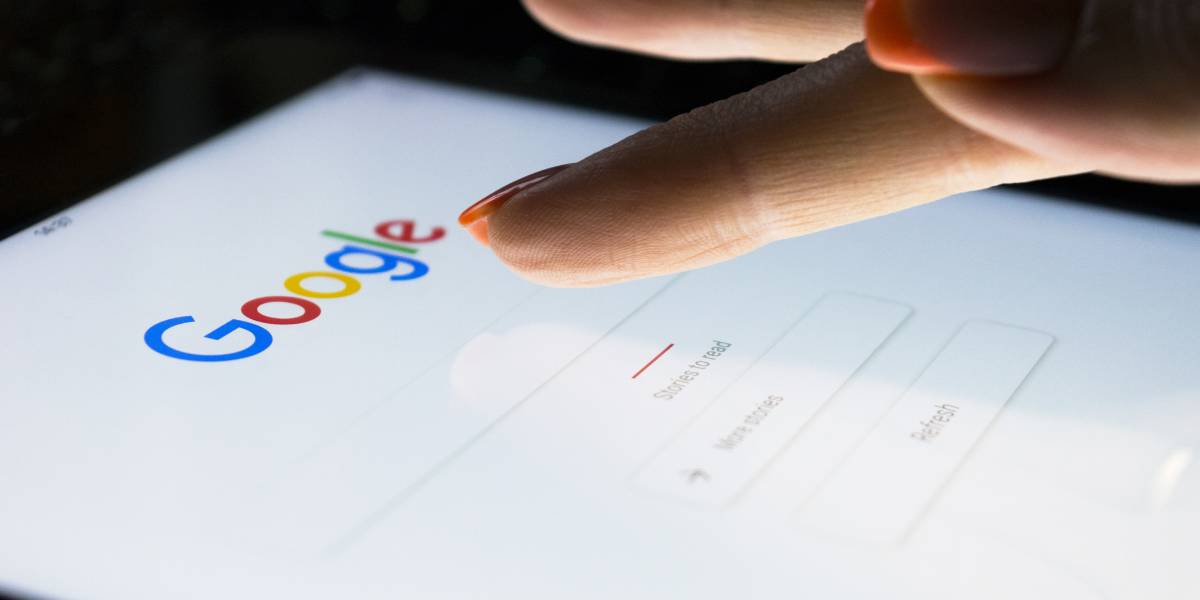An experienced breast surgeon turned to online forums after being diagnosed with cancer despite her telling patients not to go on Google for advice.
Dr Liz O’Riordan was diagnosed with breast cancer after treating hundreds of patients with the same condition.
During her treatment, Dr O’Riordan found it hard to switch roles and be the patient. She received treatment at the hospital where she trained and was cared for by her former colleagues.
“I didn’t get the impact of having breast cancer before it happened to me. I only knew the basics about the side-effects of chemotherapy, because those were the oncologist’s job,” said Dr O’Riordan.
She added: “Then suddenly, oh my god: the brain fog, constipation, how the menopausal symptoms can affect your relationship. And the grief for things you’ve lost.
“My husband and I didn’t have children, and we knew chemo would more than likely make me infertile.”
Dr O’Riordan went back to work 18 months after her diagnosis and found it extremely difficult returning to the role.
She noted: “The first time I saw someone find out she had cancer, she was young, and I saw her and her husband crumple, and I just thought: I can’t make this better. I had flashbacks, thinking this was what my husband and I looked like.
“The first operation I did brought a sense of relief and pride, but also sorrow for what that woman was going through. You’re so desperate to share your own experiences, but it’s not right ethically.”
Following her diagnosis, Dr O’Riordan altered the language she used when speaking to patients.
For example, she stopped saying phrases like ‘we’re lucky we caught it early’, and ‘it’s good it hasn’t spread’.
In addition, Dr O’Riordan avoided telling people to not Google their condition after she did it herself.
She said: “I’m embarrassed that I never looked at a breast cancer forum before I was diagnosed. It would help if doctors took the time to do that, to get an idea of what patients want when they leave your office. And I never listened to patients at conferences because I was too busy networking and hearing about the latest treatments. Everybody should listen to the patient experience.”
Dr O’Riordan’s cancer returned five months after she went back to work, meaning she had to have more radiotherapy, her implant removed and ovaries out.
With the cancer coming back, Dr O’Riordan was forced to retire as she could no longer move her left arm, making it unsafe for her to operate.
She said: “Twenty years of my life had gone, and I was in despair. Now, through talking and blogging and doing videos, I have my own way of helping people. But it is hard having to rediscover yourself when it wasn’t your choice.
“I can’t remember the last operation I did. I got the results of my biopsy the next day and I never went back.”
She concluded: “I wonder whether, if I had known it was my last operation, I would have done things differently.
“Would I have been better or worse because the pressure was on? I really, really miss being in that room of people coming together to make a difference to someone’s life.”




